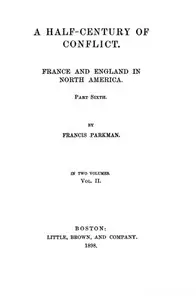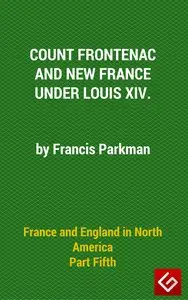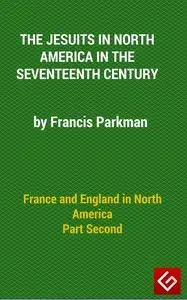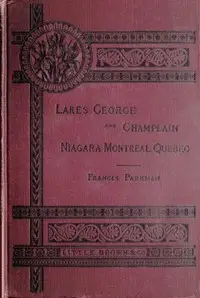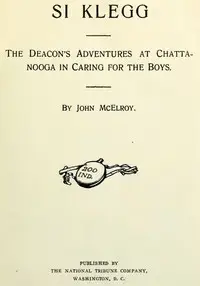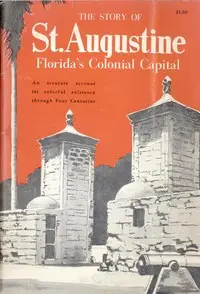"France and England in North America, Part IV: The Old Régime In Canada" by Francis Parkman is a late 19th-century historical narrative exploring early Canadian history, particularly the French colonial administration under Louis XIV. The book details how the settlements struggled with various indigenous tribes particularly the Iroquois, and presents a close look at the era's emerging political and social structures. Parkman starts by describing the problems of the mid-17th century, outlining how the Canadian colonies were surrounded by Indigenous tribes, especially the Iroquois. Key figures, such as Jesuit missionaries, are introduced as central players in these conflicts, with descriptions of their daring missions and the religious beliefs that steered them. Amidst rising tensions, the Jesuits engage in diplomacy and try to convert others while facing chaos and violence, which shows both the intense spiritual dedication and the rough truths of colonial existence at the time.
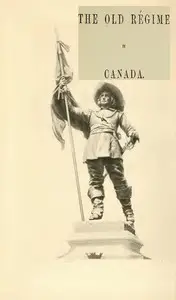
France and England in North America, Part IV: The Old Régime In Canada
By Francis Parkman
In a fledgling Canada, French colonists and Jesuit missionaries face unrelenting challenges from indigenous tribes amidst rising tensions and religious fervor.
Summary
About the AuthorFrancis Parkman Jr. was an American historian, best known as author of The Oregon Trail: Sketches of Prairie and Rocky-Mountain Life and his monumental seven-volume France and England in North America. These works are still valued as historical sources and as literature. He was also a leading horticulturist, briefly a professor of horticulture at Harvard University and author of several books on the topic. Parkman wrote essays opposed to legal voting for women that continued to circulate long after his death. Parkman was a trustee of the Boston Athenæum from 1858 until his death in 1893.
Francis Parkman Jr. was an American historian, best known as author of The Oregon Trail: Sketches of Prairie and Rocky-Mountain Life and his monumental seven-volume France and England in North America. These works are still valued as historical sources and as literature. He was also a leading horticulturist, briefly a professor of horticulture at Harvard University and author of several books on the topic. Parkman wrote essays opposed to legal voting for women that continued to circulate long after his death. Parkman was a trustee of the Boston Athenæum from 1858 until his death in 1893.

